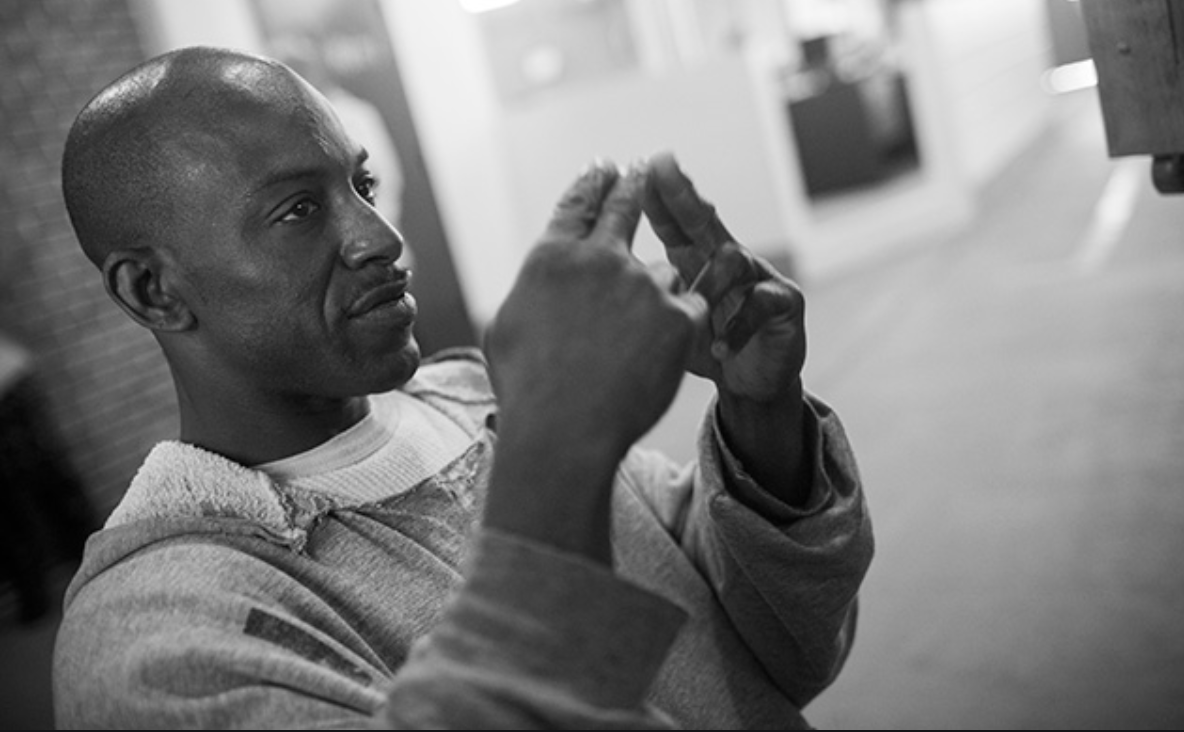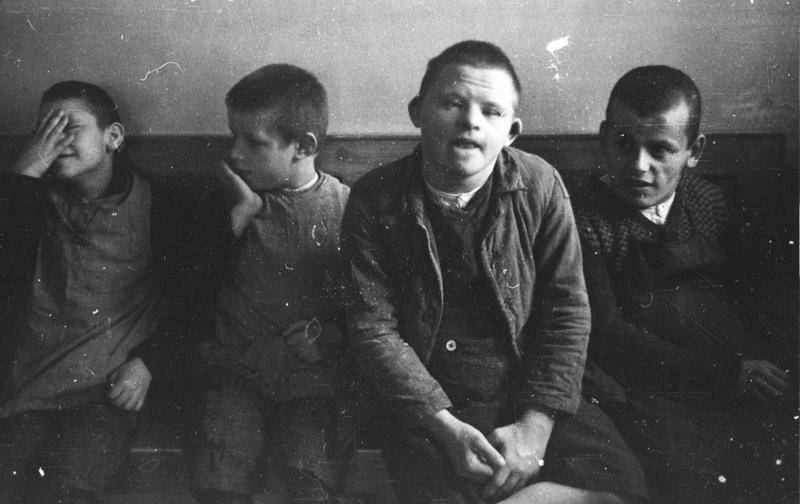The Registry of Interpreters for the Deaf was contacted and Bill Millios took some time to cover some important things to help the community better understand how everybody can get together to help the Louisiana community prevent any further exploitation by Sign Language Services. The first thing he wanted to clarify was that RID duties are to certify interpreters. When interpreters want to become certified they must pass a written and performance exam. Part of the certification process, interpreters must pass the Ethical Practice System (EPS) Interpreters must follow CPC (Code of Professional Conduct) which NAD and RID worked together to develop. It is still called NAD and RID CPC. The challenge is that EPS has limits built-in. The first is that if a grievance is filed, it must be filed by one of the people directly involved in the process and must be filed within 90 days of the incident. The grievance also must involve an interpreter that is certified by RID.
The real challenge is that when an interpreter goes off the job and does something not work-related that is unprofessional, it is not covered by the CPC because it was not done on the job. RID does not have anything that would give any oversight on situations off the job. They had a draft that was written up called Criminal Conviction Policy. The point of that was when an interpreter applies for certification, they would ask questions saying, “Have you been convicted of a crime?” This was entirely based on an honor system. No background check was going to be run to determine if the interpreter is being candid.
The issue with getting the CCP passed was that members could not come to an agreement on what to do when somebody checked “yes”. The review process was where the proposal and discussions got stuck. They couldn’t decide what the process looked like or who would make the decision. So the project got put on hold. Just a reminder, RID is membership driven so if members don’t want something done, it’s not going to get done.
For those that don’t understand why RID can’t regulate interpreters as well as any other oversight board such as for lawyers or doctors. There is a difference between licensure and certification. Certification means to certify that somebody has the skills to provide the service, that’s all that RID does (along with being a registry) However there are several states including Massachusetts that are working on establishing a state licensure requirement and with that in place, there are more regulations. RID supports these states in their efforts to regulate interpreters further. These efforts are usually done by local state RID chapters, NAD chapters in each state, and the state commissioner for the deaf and hard of hearing. This is not always the case but is usually how it’s done.
Addressing the situation in Louisiana concerning Dr. Daniel D. Burch, RID can not state a public opinion about this because they do not have any oversight however along with NAD and HEARD, RID worked on stopping another program from being set up in Oregon. It was not until after this program was established that it was brought to RID’s attention that there was such a program being run by the state of Louisiana with the help of Daniel.
While NAD has publicly taken a stance against this program as stated on DSTidbit News Facebook Page,

RID has a procedure that people can follow in order for them to get involved and take away Dr. Burch’s RID certification and remove his organization as a “sponsor”. That is if you believe that he should not only have his program removed from prisons but have his credentials taken away.
Once again, RID can’t do anything unless a grievance is filed against a certified interpreter. (If CCP had been up and running by now, it would’ve been a whole other story, for RID would’ve had more flexibility to review this incident.) The situation must be something that happened during the time of employment. Daniel is the one that proctors all of EIPA assessments that enable these prisoners to obtain a “fake certification”. Therefore, the argument could be that an inmate can file a complaint against Daniel himself.
Keep in mind, the Sign Language Services agency is the one that is providing the program for the Department of Corrections in Louisiana. They are also the ones that are issuing these fake certifications to inmates. They are providing the false sense of “certification” to the prisoners who in turn are providing a service they are believing is sanctioned. Help inmates that use American Sign Language and is utilizing “inmate interpreters” file a grievance against Daniel. If this can be done, inmates would be able to ensure their ADA and basic human rights are not being violated on a daily basis through the empowerment of a certified interpreter.
Editor’s Note: This article originally appeared on DSTidbit News under the same author. This article has been placed on Deaf Vee Journal for archiving purposes.






